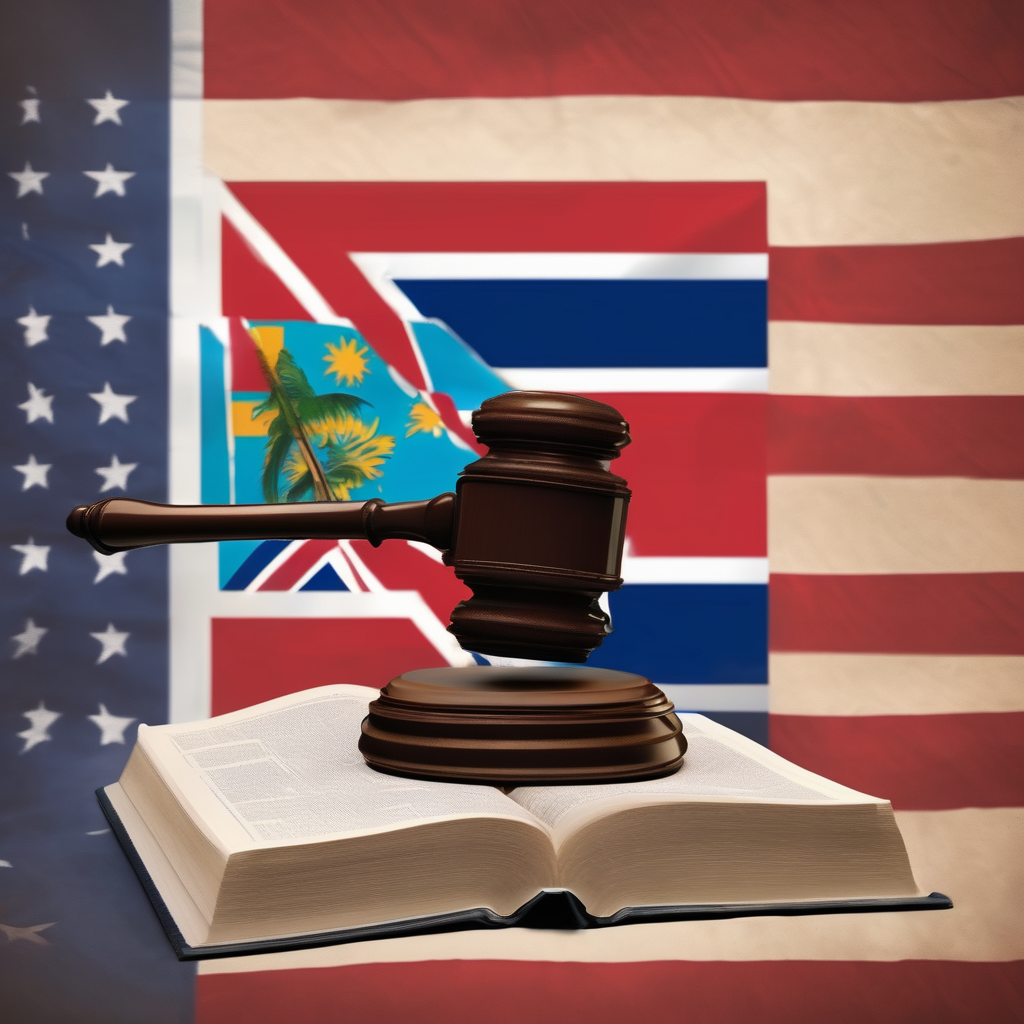Former Minister for Youth and Sports, Rajesh Singh, has voiced strong opposition to the immunity clause in Fiji’s 2013 Constitution, which he believes protects individuals responsible for committing acts of harm during the country’s coups. During a truth and reconciliation hearing in Suva, Singh underscored the need for justice to be universal, irrespective of an individual’s position. He asserted, “No one is above the law,” calling for the repeal of the immunity clause that he claims shields those who have inflicted deep wounds on society.
His comments have sparked renewed discussions on accountability, especially considering that only one individual has faced consequences related to the coups so far. “Why is the person responsible for the 2000 coup the only one who faced the consequences while the other oppressors have not?” he questioned, highlighting a significant gap in judicial accountability.
Singh also raised concerns about the role of racism in politics, which he argues fractures societal unity. He emphasized the importance of an equitable legal framework in fostering peace and healing in Fiji, stressing that political leaders should avoid exploiting racial issues for their own gain. In a poignant reflection, Singh lamented how some politicians have used the coup to create divisions based on race, branding them as “greedy” and manipulative.
Conveying his personal journey, Singh shared the devastating impact of the coups on families and individuals, recounting a difficult childhood altered by the political turmoil, particularly the events of 2000, which he referred to as “the worst of them all.” This period left him with a profound sense of loss, shaping his advocacy for change.
He candidly noted that discussing his painful experiences has been instrumental in his healing process. “I’ve now got the courage. Even though I broke down it helped me,” Singh shared, emphasizing the therapeutic power of speaking out. He firmly believes that silence perpetuates suffering and urged others affected by Fiji’s turbulent history to share their stories.
In a heartfelt conclusion, Singh called for unity among all Fijians, urging the nation to rise above ethnic divisions. “There is no kaidia, no kaiviti or kailoma. We are one,” he stated, advocating for a collective movement toward healing and reconciliation.
As Fiji confronts its past and strives for a fairer future, Singh’s impassioned appeal resonates with a broader desire for accountability and healing in the nation. His advocacy for transparency may pave the way for significant political reforms, fostering a more inclusive and unified Fiji, which could ultimately lead to a brighter outlook for the country’s future.
